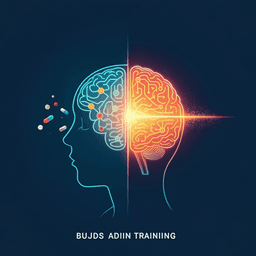
Psychology
Effectiveness of a training program among parents of preschool children with ASD in Tunisia: a randomized controlled trial
N. Abid, N. Gaddour, et al.
The 'Blue Hope' psychoeducational intervention has shown remarkable results in improving communication in preschool children with ASD while also reducing parental anxiety and depression. Conducted by Nihed Abid, Naoufel Gaddour, and Sihem Hmissa, this study presents an accessible and effective solution for families in low-income countries.
Related Publications
Explore these studies to deepen your understanding of the subject.







